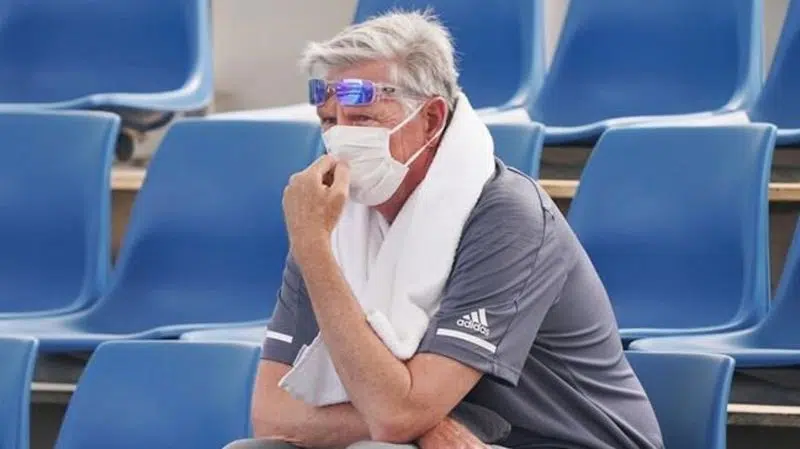
Australian Open qualifiers battling extreme conditions because of wildfires
ADELAIDE, Australia — Tennis players competing in the Australian Open qualifying tournament finally got some relief Wednesday from the tiny, noxious smoke particles that made many feel like their throats were on fire.
Since the moment play began at the season’s first Grand Slam on Tuesday morning, players have had major challenges dealing with the heat, humidity and the debris caused by the wildfires that have decimated Australia.
One player, Dalila Jakupovic of Slovenia, was forced to retire in the second set of her match.
Australia’s Bernard Tomic needed a ventilator during his first-round defeat.


